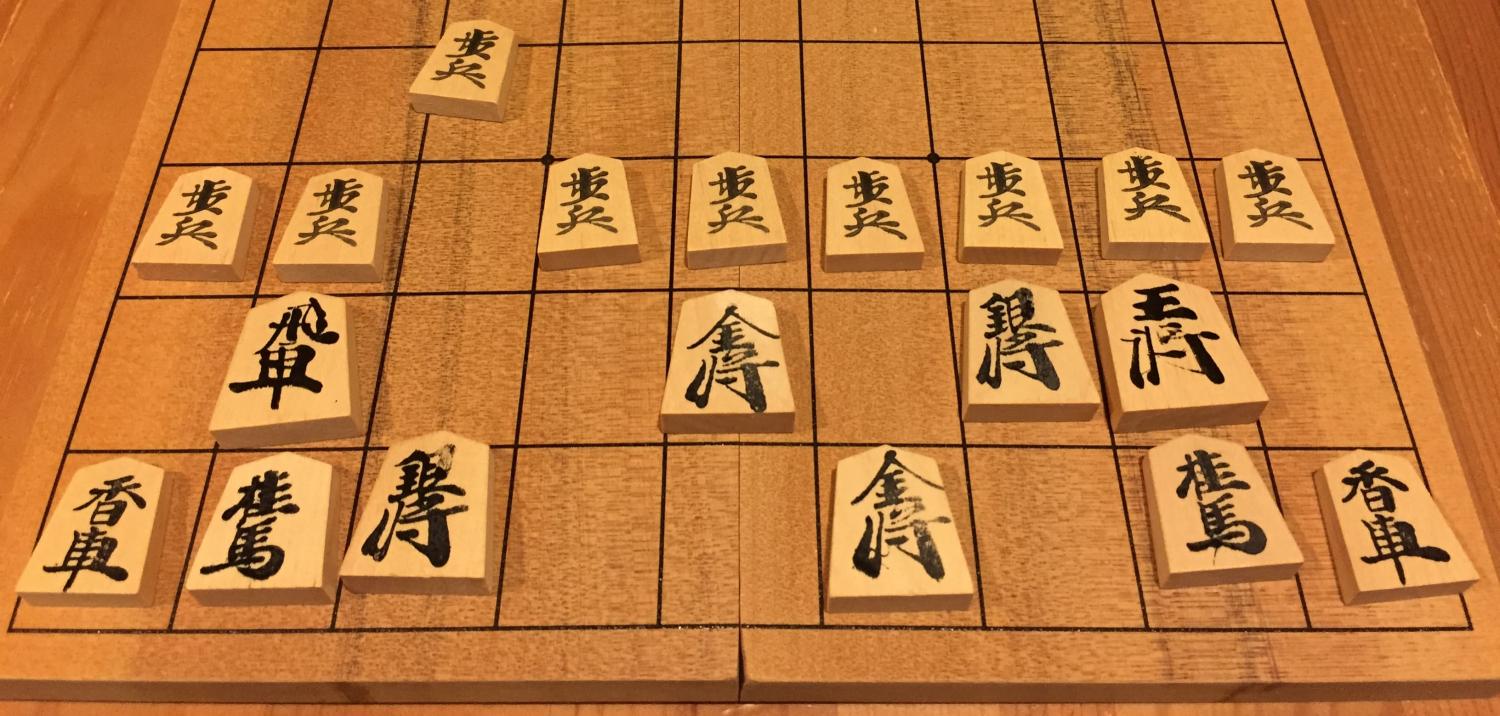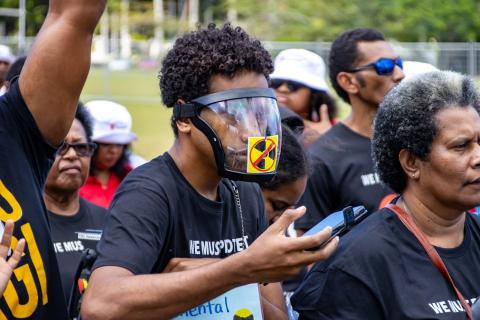As news outlets in Japan summed up the year that was and the year ahead, Yomiuri Shimbun, Japan’s most widely read (and notably pro-government) newspaper featured its top 10 stories for 2017, domestic and international, according to its readers. Domestically, the story was Sota Fujii, a 14-year-old shogi (Japanese chess) master-in-the-making and his run of 29-straight victories. Internationally, it was Donald Trump.
In a year during which there was a snap election, political scandals, formalisation of the Emperor’s abdication (for the first time in centuries), and growing concerns about the Korean Peninsula, Sota Fujii still captured most readers’ imaginations. Perhaps it was a sign that Japan, exhausted by the year's politics, sought refuge in the competitive instincts of a junior high school chess master.
Just as in shogi, the demands of Japanese politics, domestic and international, require masterful strategic analysis and plays, especially for Prime Minister Shinzo Abe as the coming year unfolds.
Abe began 2018 with a six-nation trip to Europe taking in three Baltic states, as well as Bulgaria, Serbia and Romania, with talks centred on North Korea as well as regional economic potential. The visit was not only the first of its kind for any Japanese prime minister, but also an opportunity for Abe to post some diplomatic content to his newly acquired Instagram account.
The backdrop to 2018 in Japan will be the 150th anniversary of the Meiji Restoration, recognised as the time when a ‘closed’ Japan first opened to the West. As with most narratives of nation-forging identities, the Meiji Restoration has its supporters and detractors. The debate will continue through the year. Abe sees himself increasingly as a latter-day Meiji figure ready to restore Japan to its former greatness, although what that means for the nation and for regional relations is unclear.
In the broad brush of Meiji commemorations, perhaps Abe will seek to avert his gaze from the pressing domestic issues placed before him; however, like so many pieces in shogi, he will need to account for these issues rather than sweep them from the board.
One such domestic challenge is the presence of American bases in Okinawa, where accidents and ‘mishaps’ continue to create tensions with the local people. In a year when Abe will seek to amend the constitution, he will be compelled to engage with the very real concerns of Okinawans who confront the reality of a ‘reconstituted’ military daily. (Australian proponents of greater security cooperation with Japan would do well to familiarise themselves with the circumstances that draw the people of this prefecture to ongoing resistance of Tokyo’s dictates.)
In another political challenge, the governing Liberal Democratic Party (LDP) will hold its conference later in 2018, whereupon Abe anticipates his already extended term as party president will be renewed again. At times this seems like a fait accompli, but increasing factional machinations may test the presidential post.
In recent LDP history, extensions to the two-term limit on the post (as party president, one is automatically prime minister as long as the LDP is in government) have only been waived when no immediate challengers were apparent and a level of charisma carried the incumbent over the line. This is not the case for Abe. His ambivalent relationship with the public does concern some members of the party, both hawks and doves, reluctant to wait longer to take their turn at leading the party.
Although there has been a break-up of alliances among opposition parties, it is clear that a more concerted opposition to constitutional reform will coalesce this year. At the same time, opposition parties are declaring their intent to pursue ongoing political scandals within the Moritomo and Kake educational organisations. These scandals over money and favours for friends cost Abe greatly in opinion polling, even more so than constitutional reform.
Abe returned to Tokyo this week to a meeting with Australian Prime Minister Malcolm Turnbull. Both prime ministers share a potentially tumultuous year ahead. In something of a surprise for keen observers of the bilateral relationship, on Christmas Day the meeting was foreshadowed on the front page of the conservative Yomiuri Shimbun which, as a strong backer of Abe’s constitutional reforms, reported the meeting as a strategic necessity.
The newspaper even cited the talks as a signal of the 'strengthening ... relationship with a partner considered a quasi-ally'. No doubt, both prime ministers nodded in furious agreement, but this is not exactly the sort of phrase to spark the hearts and minds of a populace more interested in a teenage chess master.
To better engage the public, Japan and Australia will need to go beyond the military–security pretext and reinvigorate a once robust and multidimensional relationship.

